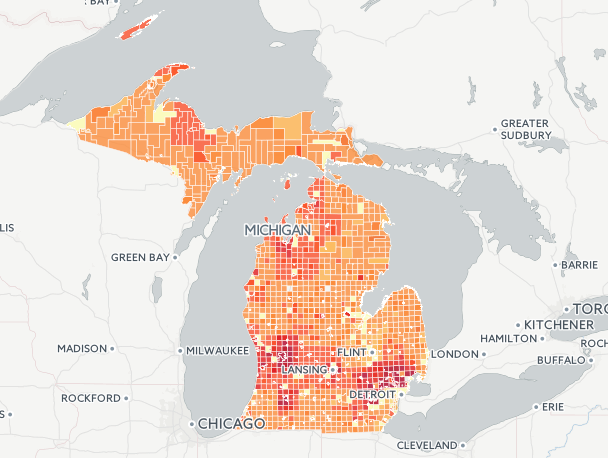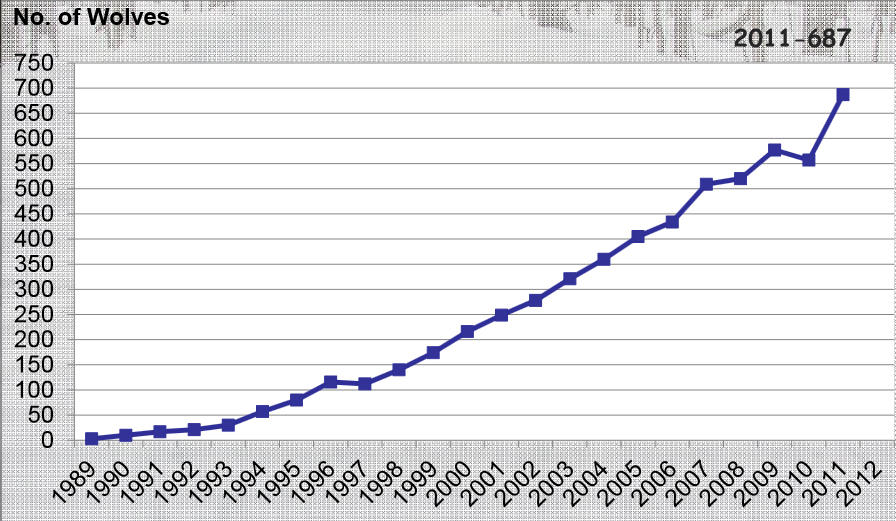^ "screw over." That's quite a loaded term (should statewide money go to a local issue? that's also loaded, of course, but from the other side), but aside from that I suppose that yes, a statewide vote will likely result in candidates that support policies that affect the majority of the people. That's democracy. (your example also doesn't work unless there are enough "EC" votes, which seems unlikely here). I'll note your example is quite black and white, which (as I have argued before) is not so clear re: EC/states because the divide (in policies and increasingly in politics) is urban/rural. So at best EC is a very crude proxy for supposed small state interest. But it doesn't even do that well at its supposed purpose (setting aside that it massively distorts votes in a way that effectively disenfranchises millions).
Consider Montana. In terms of presidential politics, no one GsAF about Montana. It's reliably red, and it's 3 electoral votes. If the EC is eliminated, no one GsAF about Montana because there's only 1.05m people (and therefore few swing votes). Same for every small state; eliminating the EC will not increase the incentive to chase swing votes in rural Nebraska because it's drops in the ocean. So go ahead and just eliminated about 30 states for which the EC does nothing. (you can use Delaware, same result, for a blue example)
Now consider Florida's Pinellas County, which has roughly 970,637 people. Trump won 48.6% to 47.5%. Pinellas County alone could have swung Florida, which would have swung 29 electoral votes. That's more than Alaska, Delaware, DC, Montana, ND, SD, Vermont, Wyoming, and one of (HI, ID, ME, NH, RI, NE, NM, WV) combined. Under the EC, one county in Florida is potentially worth as much as 9 states (DC not a state, but you get what I mean) combined. That's highly distorting, and that doesn't help those small states one bit. Instead, it just shifts the inflection points to swing states, and not small states, at the cost of literally diluting votes in other places.
Now, how does shifting the focus of presidential elections to Ohio, Florida, PA, and to a lesser extent places like Colorado, Virginia, Minnesota, Michigan, Iowa, and North Carolina help Montana? ND? SD? Wyoming? Vermont? WV? It doesn't, really. But it does ensure that voters in those states have disproportionate impact on presidential elections. The R in NYC is as helpless as the D in Oklahoma. If your real focus is state level issues, the better solution is focus on the 10th Amendment. The EC is a poor solution.





